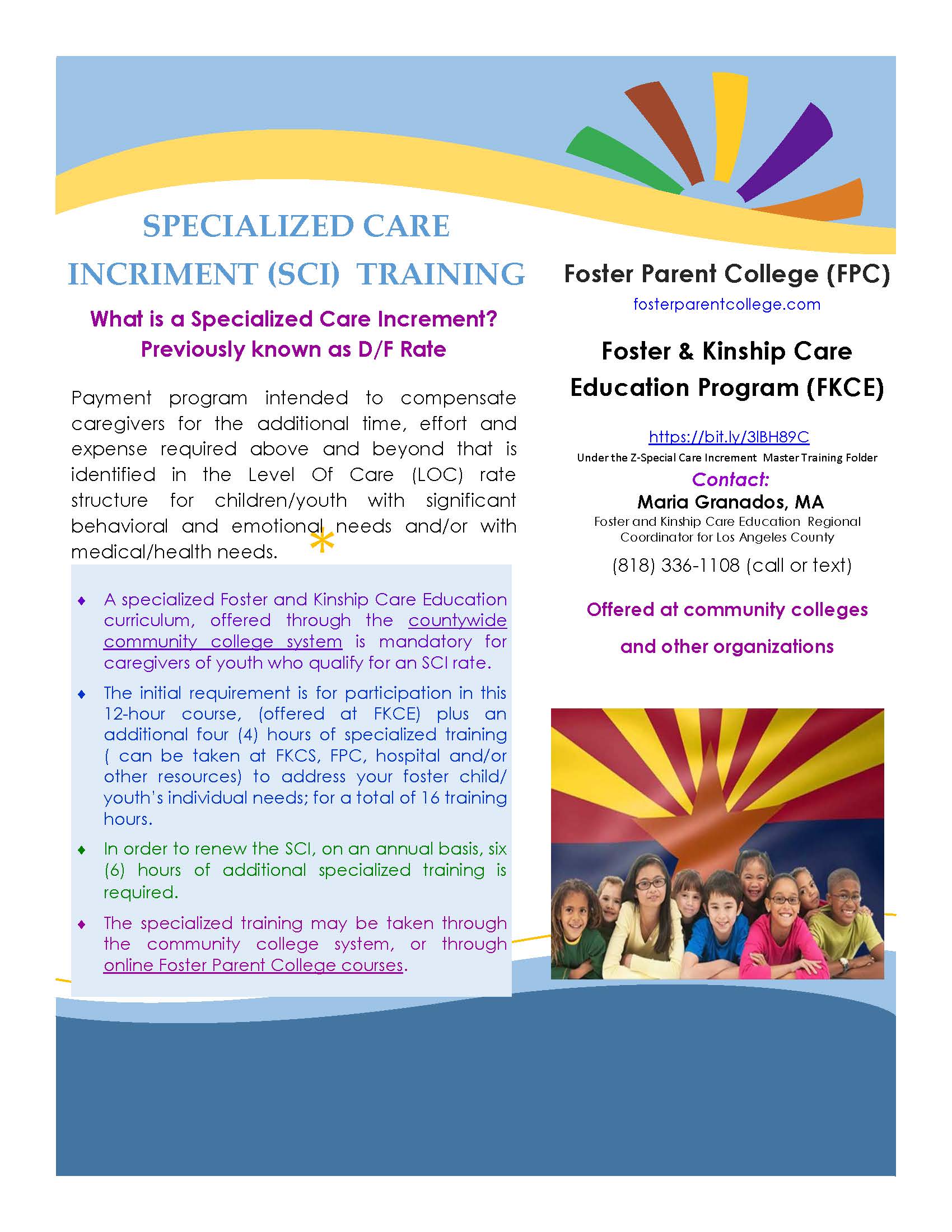
Mastering Foster Parenting Comprehensive Education

Empower Foster Parents: Essential Education Guide
Foster parenting is a journey filled with challenges, joys, and responsibilities. Aspiring foster parents often embark on this path with a blend of excitement and trepidation, eager to make a positive impact on children’s lives. However, navigating the complexities of foster care requires more than just good intentions—it demands knowledge, skills, and ongoing education. In this essential guide, we delve into the importance of foster parent education and how it empowers individuals to provide nurturing environments for children in need.
Understanding the Dynamics of Foster Care
Foster care is a multifaceted system designed to provide temporary homes for children who cannot reside with their biological families due to various reasons such as neglect, abuse, or parental incapacity. To effectively support these vulnerable children, foster parents must understand the dynamics of the foster care system. This includes familiarizing themselves with the legal framework, the roles of stakeholders such as social workers and courts, and the unique needs of children in care. By gaining a comprehensive understanding of the foster care landscape, foster parents can better advocate for the children under their care and navigate the challenges inherent in the system.
Building Strong Relationships with Children
Central to foster parenting is the ability to establish meaningful and supportive relationships with the children entrusted to their care. Many children entering foster care have experienced trauma and instability, making it crucial for foster parents to create a safe and nurturing environment where they can heal and thrive. Building trust and rapport with these children requires patience, empathy, and a deep understanding of their backgrounds and experiences. Foster parent education equips individuals with the tools and strategies needed to effectively connect with children, promote attachment, and address challenging behaviors in a compassionate manner.
Cultivating Cultural Competence
Cultural competence is an essential aspect of foster parenting, as children in foster care come from diverse cultural, ethnic, and religious backgrounds. Foster parents must be sensitive to the cultural identities of the children in their care and strive to create an inclusive and affirming environment where their heritage is celebrated and respected. Cultural competence training provides foster parents with insights into the cultural nuances, traditions, and practices of the children they serve, enabling them to effectively navigate cultural differences and promote cultural humility within their families.
Navigating Behavioral Challenges
Foster parenting often entails addressing a wide range of behavioral challenges stemming from the trauma and adversity experienced by children in care. From attachment issues to emotional dysregulation, foster parents may encounter behaviors that are complex and perplexing. Education on trauma-informed care equips foster parents with the knowledge and skills to understand the underlying causes of these behaviors and respond in ways that are supportive and healing. By learning trauma-sensitive parenting techniques and strategies for managing challenging behaviors, foster parents can create a stable and therapeutic environment where children feel understood, valued, and secure.
Accessing Support and Resources
Foster parenting can be both rewarding and demanding, requiring a strong support system and access to resources to navigate its complexities successfully. Foster parent education extends beyond theoretical knowledge to practical skills and resources that empower individuals to fulfill their roles effectively. From support groups and peer mentoring to access to mental health services and respite care, foster parent education equips individuals with the tools and support networks needed to navigate the challenges of foster care and sustain their commitment to the children in their care.
Fostering Resilience and Self-Care
Caring for children in foster care can be emotionally taxing, placing significant demands on foster parents’ physical, emotional, and psychological well-being. To sustain their resilience and efficacy as caregivers, foster parents must prioritize self-care and cultivate coping strategies to manage stress and prevent burnout. Education on self-care and resilience-building equips foster parents with the knowledge and skills to recognize the signs of burnout, set boundaries, practice self-compassion, and seek support when needed. By prioritizing their own well-being, foster parents can better meet the needs of the children in their care and provide stable and nurturing environments where they can thrive.
Conclusion: Foster parent education is not merely a requirement but a cornerstone of effective foster parenting. By investing in continuous learning and self-improvement, foster parents can enhance their skills, deepen their understanding, and ultimately provide better outcomes for the children in their care. From understanding the intricacies of the foster care system to cultivating cultural competence and promoting resilience, education empowers foster parents to make a lasting and positive impact on the lives of vulnerable children. Read more about foster parent education



